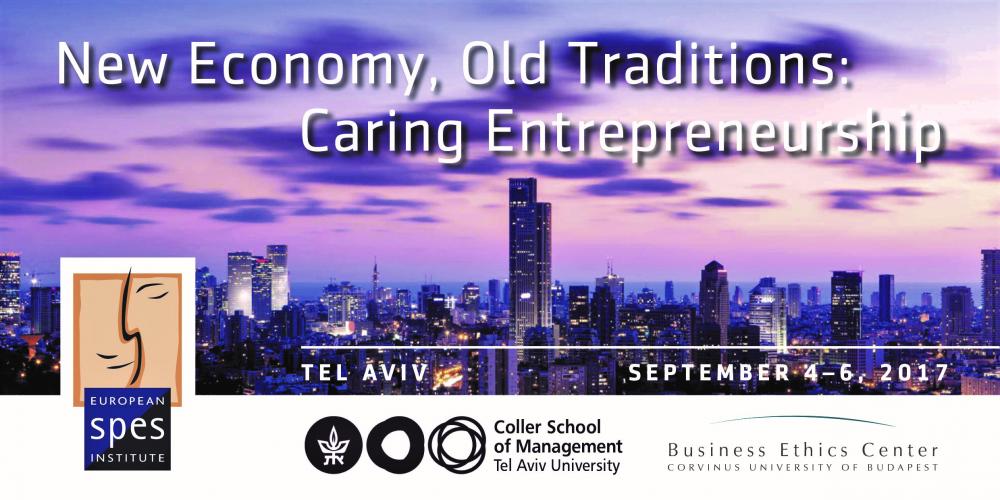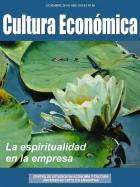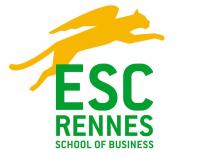Spiritual-based Entrepreneurship
-
Under the leadership of Laszlo Zsolnai the Economy & Religion Program has been established at the Corvinus Institute for Advanced Studies, Corvinus University of Budapest in February 2021. The Economy & Religion Program aims to explore and study the multiple roles that religion/spirituality plays in the functioning of the economy. It focuses on the contemporary issues of capitalism in relation to ethics and morality, ecology and sustainability, and social inequality and cultural diversity. It fosters the spirit of open dialogue that seeks collaboration across disciplines, cultures, and faith traditions.

-
The European SPES Institute, the Institute of Leadership and Social Ethics (ILSE), and the Damien Center organized the annual European SPES Conference entitled “The Will to Serve: Inspiring Models of Servant Leadership and Social Entrepreneurship,” in May 24-26, 2018, in Leuven, Belgium.
-
The Coller School of Management of Tel Aviv University hosted the 2017 Annual European SPES Conference in September 4-6, 2017 in Tel Aviv, Israel. Collaborative partners were the European SPES Institute and the Business Ethics Center of the Corvinus University of Budapest. The conference addressed spirituality and faith traditions as they fertilize business and enterpreneurs for creating models for pressing social problems, including poverty, conflict, unemployment, environmental degradation and climate change. A new ethos of entrepreneurship needs to be developed in which caring for fellow human beings, future generations and nature play a primordial role. Practical wisdom of the Jewish and other faith traditions suggests that enterprises with a spiritual value orientation can flourish, and serve the interests of business and the wider community better than conventional enterprises following the narrow financial bottom line.

-
Sharda Nandram (European SPES Steering Committee member) organized a conference entitled "Integrating Simplification: The Rise of Integrative Self-Managed Enterprises" in 20-21 February, 2017 at BANASTHALI UNIVERSITY, RAJASTHAN in India.

Integrating Simplification Theory talks about a dynamic approach for organizing and entrepreneurial thinking. It is a process of engaging in simplicity and refraining from complexity to avoid organization disintegration. Disintegration can be of any kind of wastage of resources or time (artha), misalignment between personal and organizational motives (kama) and values (dharma). Here, it is an approach to enhance entrepreneurial creativity and Self-Management as part of the Integrative Self-Managed Paradigm. The uniqueness in this paradigm lies in its treatment of various fundamental dichotomies like matter and spirit, material and spiritual, for-social and for-profit, automation or not-automation of processes, cooperation and competition, peace and war at work, mindful or mindless activities. Additionally, this approach has a clear apriori intention to be integrative even when it's bringing up the suppressed voices through critique. This translates into a clear perspective on futurology in worldview of this approach.
Every culture has lot of cultural artefacts that embodies the elements mentioned in the themes of this conference. Therefore, contributions are welcome to bring wisdom from paradigms of traditional ways of management including Bharatiya Prabandhan (Indian Management).
-
The European SPES Institute organizes its annual conference in 3-4 July 2015 in Amsterdam, The Netherlands. The title of the conference is "Management in the VUCA World: The Role of Spirituality". The conference aims to discuss how spiritual values help managers to navigate the VUCA World of Volatility, Uncertainty, Complexity and Ambiguity.

-
 The book edited by Sharda Nandram and Puneet K. Bindlish is written in response to the call towards a better world by focusing on an integrative worldview, manifested in a new way of organizing ‘Integrative Self-Management’. This publication is intended to inspire the researchers and academics to creatively integrate their perspectives on issues and solutions at fundamental levels.
The book edited by Sharda Nandram and Puneet K. Bindlish is written in response to the call towards a better world by focusing on an integrative worldview, manifested in a new way of organizing ‘Integrative Self-Management’. This publication is intended to inspire the researchers and academics to creatively integrate their perspectives on issues and solutions at fundamental levels. -
 Carlos Hoevel and Laszlo Zsolnai edited a special issues on Spirituality in Business in Spanish for the journal „Revista Cultura & Económica” Vol 32, No. 88. The volume contains the following papers:
Carlos Hoevel and Laszlo Zsolnai edited a special issues on Spirituality in Business in Spanish for the journal „Revista Cultura & Económica” Vol 32, No. 88. The volume contains the following papers:The Mission and Activities of the European SPES Institute
Luk Bouckaert (Leuven): Spiritual Discernment in Decision-Making
Hendrik Opdebeeck (Antwerp): Rediscovering the Personalist Philosophy of Jacques Maritain
Laszlo Zsolnai (Budapest): Spiritually Driven Entrepreneurship
Henri-Claude de Bettignies (INSEAD): Can We Develop the Responsible Leaders We Need?
Mike Thompson (London and Shanghai): Managers’ Self-understanding of Wisdom
-
The Business Ethics Center of the Corvinus University of Budapest and the ERENET - Entrepreneurship Research and Education Network of Central European Universities organized the 2012 Annual Conference of the European SPES Forum in September 21-23, 2012 in Visegrad, Hungary. The aim of the conference was disclosing the spiritual dimension in business ethics and sustainability management.

-
Sixth Annual Conference of the European SPES Forum entitled “Leading with Wisdom” was hosted by the Alba University, in April 21-23, 2010 in Veldhoven, The Netherlands. The conference explored the meaning and practice of wisdom as the basis of trustful and effective leadership.
-
 An International Symposium on Social Responsibility, Entrepreneurship and the Common Good was held at ESC Rennes School of Business on January 7-8, 2010, in cooperation with the European SPES Forum and the European Business Ethics Network, and with the support of CANON Research Centre France. The aim of the conference is to explore how corporate social responsibility and entrepreneurship can contribute to the common good and provide answers to the challenges posed by the current economic crisis.
An International Symposium on Social Responsibility, Entrepreneurship and the Common Good was held at ESC Rennes School of Business on January 7-8, 2010, in cooperation with the European SPES Forum and the European Business Ethics Network, and with the support of CANON Research Centre France. The aim of the conference is to explore how corporate social responsibility and entrepreneurship can contribute to the common good and provide answers to the challenges posed by the current economic crisis.
